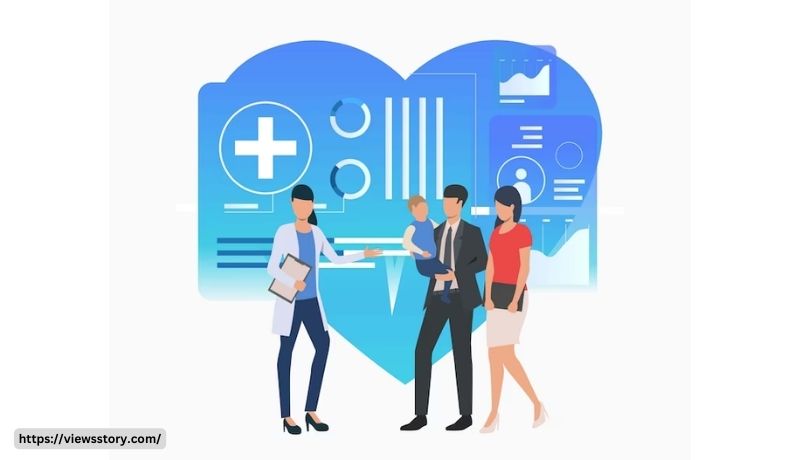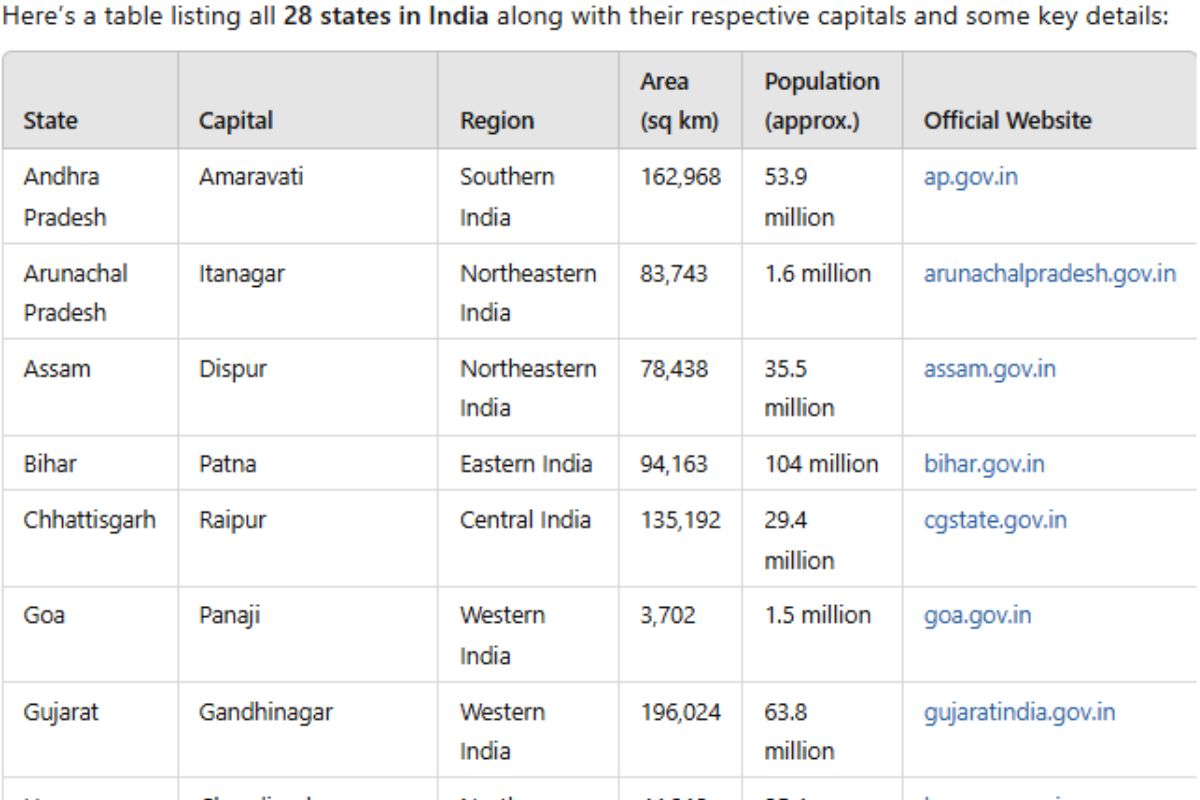
Healthcare is a fundamental aspect of our lives, ensuring we stay healthy and receive necessary medical attention when we need it. UnitedHealthcare Community Plan is a health insurance program designed to support individuals and families in need. In this blog, we’ll delve into what UnitedHealthcare Community Plan is, how it works, and how it can benefit you.
What is UnitedHealthcare Community Plan?
UnitedHealthcare Community Plan is a Medicaid-based health insurance program that provides healthcare coverage to individuals and families who may not have the financial means to afford regular health insurance. It is part of the UnitedHealth Group, one of the largest and most reputable health insurance providers in the United States.
This program aims to offer quality healthcare services to low-income individuals, children, pregnant women, and people with disabilities. It is available in many states, with variations in coverage and benefits depending on your location.
Also Read : Integrated Communication in Marketing
How Does UnitedHealthcare Community Plan Work?
UnitedHealthcare Community Plan operates in collaboration with state and federal governments to provide essential healthcare services to eligible beneficiaries. Here’s how it works:
- Eligibility: To qualify for the program, you must meet specific income and household size criteria. Eligibility varies by state, so it’s essential to check with your local Medicaid office or UnitedHealthcare for specific requirements in your area.
- Coverage: Once you’re eligible, you’ll receive comprehensive healthcare coverage. This typically includes doctor’s visits, hospital stays, prescription drugs, preventive care, and more. The exact benefits may vary by state, so be sure to review your plan details.
- Network of Providers: UnitedHealthcare has a network of healthcare providers, including doctors, hospitals, and specialists. To maximize your benefits, it’s essential to choose healthcare providers within the network. However, emergency services are covered, even if the provider is out of the network.
- Costs: In most cases, UnitedHealthcare Community Plan is low-cost or even free for eligible beneficiaries. You might have minimal copayments or coinsurance for some services, but it is generally very affordable.
- Additional Benefits: Some plans may offer extra benefits, such as dental and vision coverage, transportation assistance, and wellness programs. These benefits can vary by state and plan.
Benefits of UnitedHealthcare Community Plan
- Affordability: For those who qualify, this program can provide a cost-effective way to access healthcare services, reducing the financial burden on low-income families.
- Comprehensive Coverage: UnitedHealthcare Community Plan typically offers a wide range of healthcare services, ensuring you receive the necessary care when you need it.
- Preventive Care: The plans often emphasize preventive care, helping you stay healthy and catch health issues early.
- Support Services: Some plans offer additional support services, like care coordination, to help you navigate the healthcare system effectively.
- Stress Reduction: Having health insurance brings peace of mind, as you don’t need to worry about the financial implications of medical emergencies.
UnitedHealthcare Community Plan providers are healthcare professionals, facilities, and organizations that have partnered with UnitedHealthcare to offer medical services to individuals and families enrolled in the UnitedHealthcare Community Plan. These providers play a crucial role in delivering essential healthcare services to plan beneficiaries. If you’re a member of the UnitedHealthcare Community Plan, it’s important to know how to find and access providers within the network.
Also Read : SMM Panels
Types of UnitedHealthcare Community Plan Providers:
- Primary Care Physicians (PCPs): PCPs are often the first point of contact for plan members. They provide general medical care, coordinate specialty care when needed, and help manage overall health.
- Specialists: Specialists are healthcare providers who focus on specific medical fields, such as cardiology, dermatology, or orthopedics. You may be referred to a specialist by your PCP for specialized care.
- Hospitals: UnitedHealthcare Community Plan typically partners with a network of hospitals where you can receive inpatient and outpatient services, including surgeries and emergency care.
- Pharmacies: You can get prescription medications at pharmacies that are part of the network, often at a lower cost than at out-of-network pharmacies.
- Dental and Vision Providers: Depending on your specific plan, you may have access to dental and vision care providers for services like teeth cleanings, eye exams, and corrective eyewear.
- Behavioral Health Providers: These providers offer mental health and substance abuse services, including therapy and counseling.
- Home Health Agencies: In some cases, home health services may be provided for eligible individuals who require medical care at home.
- Medical Equipment and Supplies Providers: If you need medical equipment or supplies, such as wheelchairs or diabetic testing supplies, you can often get them through network providers.
Finding UnitedHealthcare Community Plan Providers:
- Online Tools: UnitedHealthcare provides online search tools to help you find in-network providers. You can typically search by your location, the type of provider you need, and other criteria.
- Member Services: Contact UnitedHealthcare’s member services, and they can help you find nearby providers and schedule appointments.
- Provider Directories: UnitedHealthcare often publishes directories of in-network providers, which you can request or access online.
- Mobile Apps: Some health insurance plans have mobile apps that allow you to search for nearby providers and schedule appointments on your smartphone.
Using In-Network Providers:
When you receive care from in-network providers within the UnitedHealthcare Community Plan, your costs are generally lower, and services are covered according to your plan’s terms. It’s essential to check your plan details to understand any copayments, deductibles, or coinsurance that may apply.
In case of emergency, it’s important to know that UnitedHealthcare Community Plan covers emergency services even if the provider is out of network.
Always make sure to verify that your chosen provider accepts your specific UnitedHealthcare Community Plan, as network participation may vary based on the plan and location. Before receiving any non-emergency medical services, it’s a good practice to contact the provider’s office to confirm they accept your insurance plan.
UnitedHealthcare Community Plan providers are a vital part of ensuring that you receive the healthcare you need while minimizing your out-of-pocket expenses. Be proactive in understanding your plan’s network and the services it covers to make the most of your healthcare coverage.
Conclusion
UnitedHealthcare Community Plan plays a vital role in ensuring that individuals and families who face financial challenges can still access quality healthcare. If you believe you may be eligible, it’s worth exploring the program’s offerings and speaking to a representative to determine if this plan is right for you. Your health is important, and UnitedHealthcare Community Plan is here to help ensure you receive the care you need without the worry of overwhelming medical bills.
FAQ
1. What is the UnitedHealthcare Community Plan?
- The UnitedHealthcare Community Plan is a Medicaid-based health insurance program that provides healthcare coverage to eligible low-income individuals and families.
2. How do I check if I’m eligible for the UnitedHealthcare Community Plan?
- Eligibility for the UnitedHealthcare Community Plan varies by state. To determine your eligibility, you should contact your local Medicaid office or UnitedHealthcare.
3. What does the UnitedHealthcare Community Plan cover?
- Coverage may include doctor’s visits, hospital stays, prescription drugs, preventive care, and more. The specific benefits and services covered can vary by state and plan.
4. How do I find healthcare providers within the UnitedHealthcare Community Plan network?
- You can use online tools, contact member services, request provider directories, or use mobile apps to search for in-network providers. Make sure to verify that your chosen provider accepts your specific plan.
5. What are the costs associated with the UnitedHealthcare Community Plan?
- The plan is typically low-cost or free for eligible beneficiaries. However, there may be minimal copayments or coinsurance for some services. The costs can vary depending on your income and specific plan.
6. How can I file a claim with UnitedHealthcare Community Plan?
- Typically, you don’t need to file claims when you receive care from in-network providers. The providers will handle billing directly. However, if you receive out-of-network services, you may need to submit a claim.
7. Can I switch my healthcare provider within the UnitedHealthcare Community Plan network?
- You can generally change your primary care provider by contacting UnitedHealthcare’s member services. Keep in mind that you may have to consider your plan’s rules and limitations.
8. What additional benefits might be offered by the UnitedHealthcare Community Plan?
- Some plans may offer extra benefits such as dental and vision coverage, transportation assistance, and wellness programs. These benefits can vary by state and plan.
9. What should I do in case of a medical emergency?
- In case of a medical emergency, you should seek immediate care at the nearest hospital, even if it’s out of network. UnitedHealthcare Community Plan typically covers emergency services.
These are general FAQs related to health insurance through the UnitedHealthcare Community Plan. If you have more specific questions or need further information on any of these topics, please feel free to ask!





